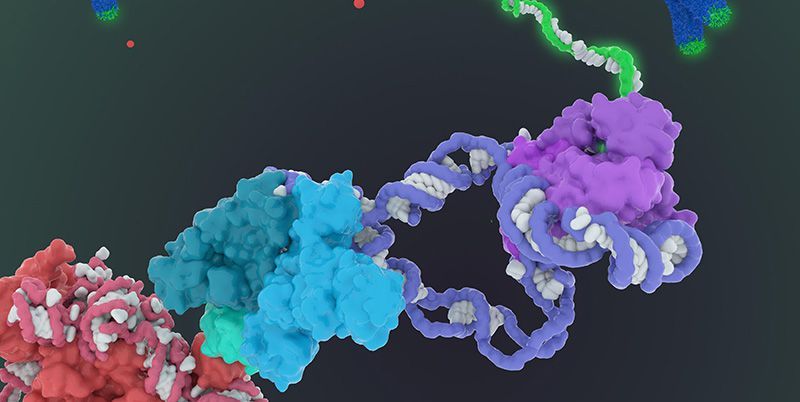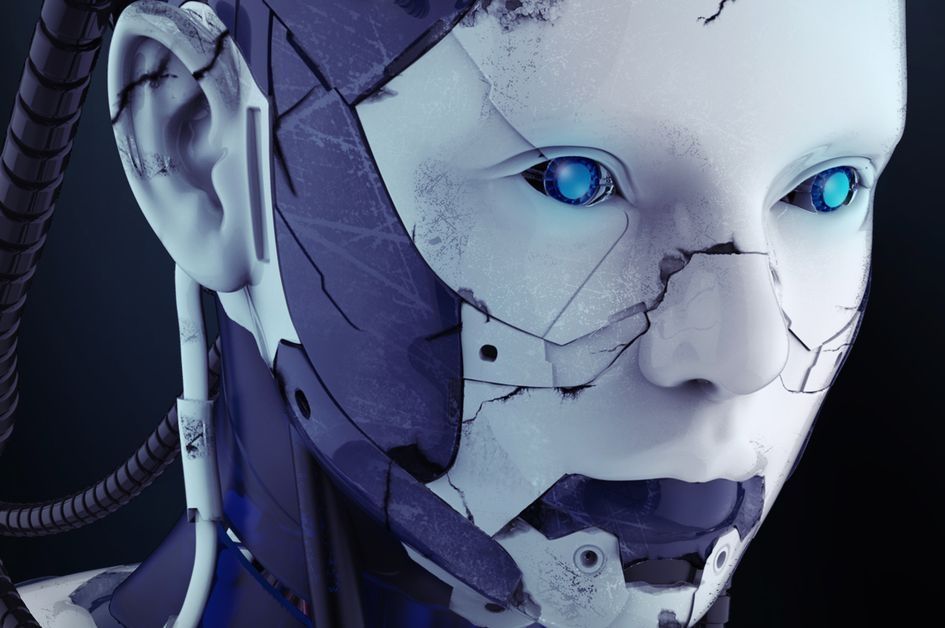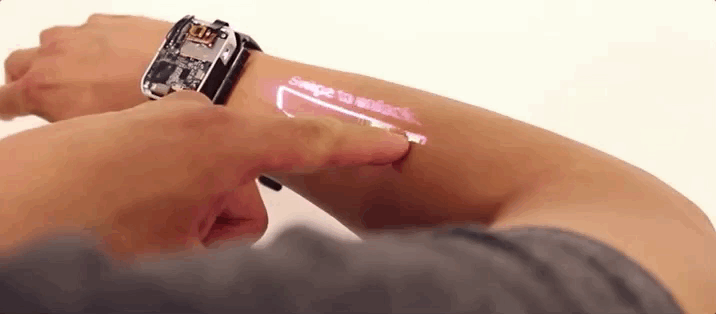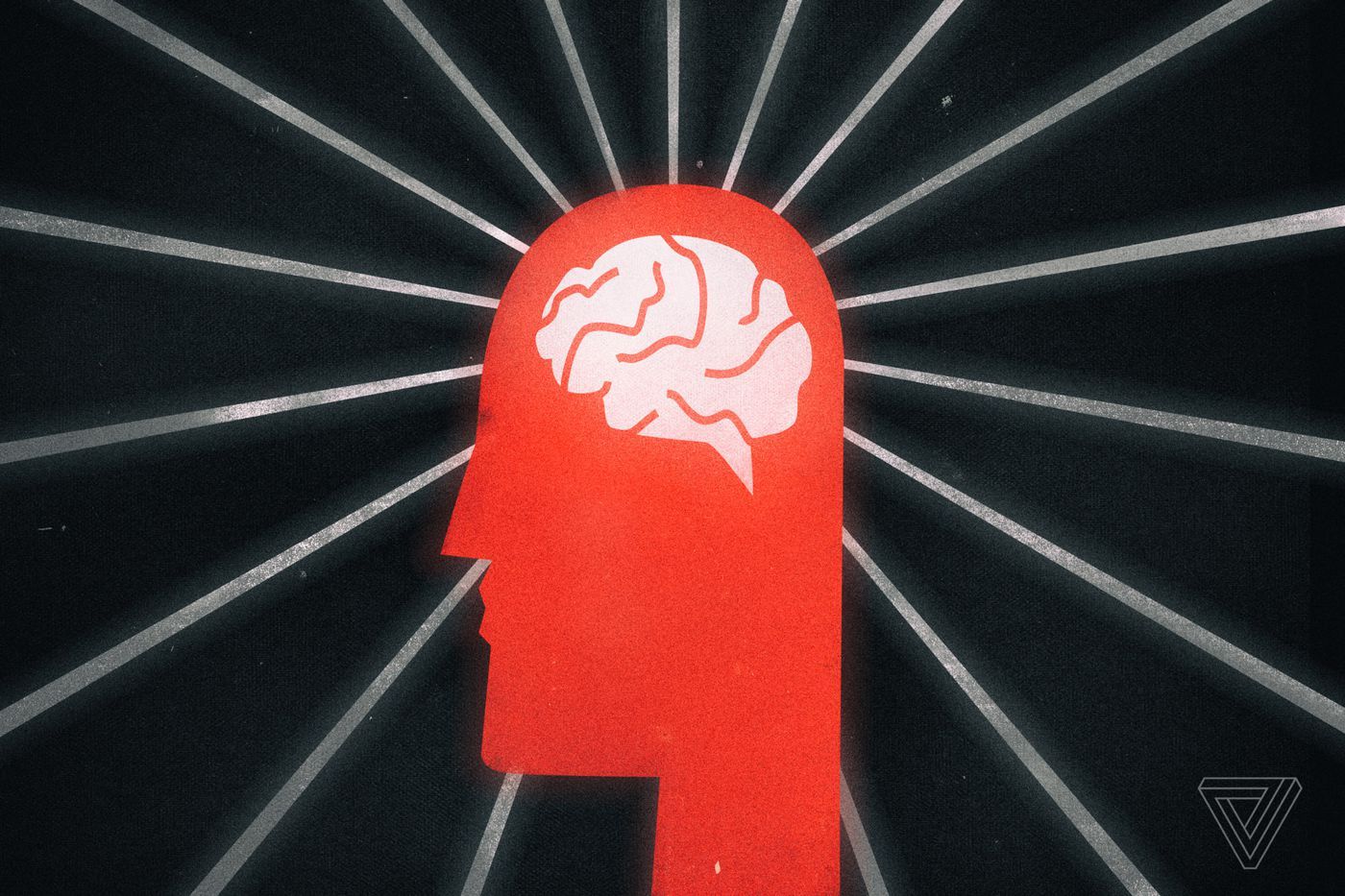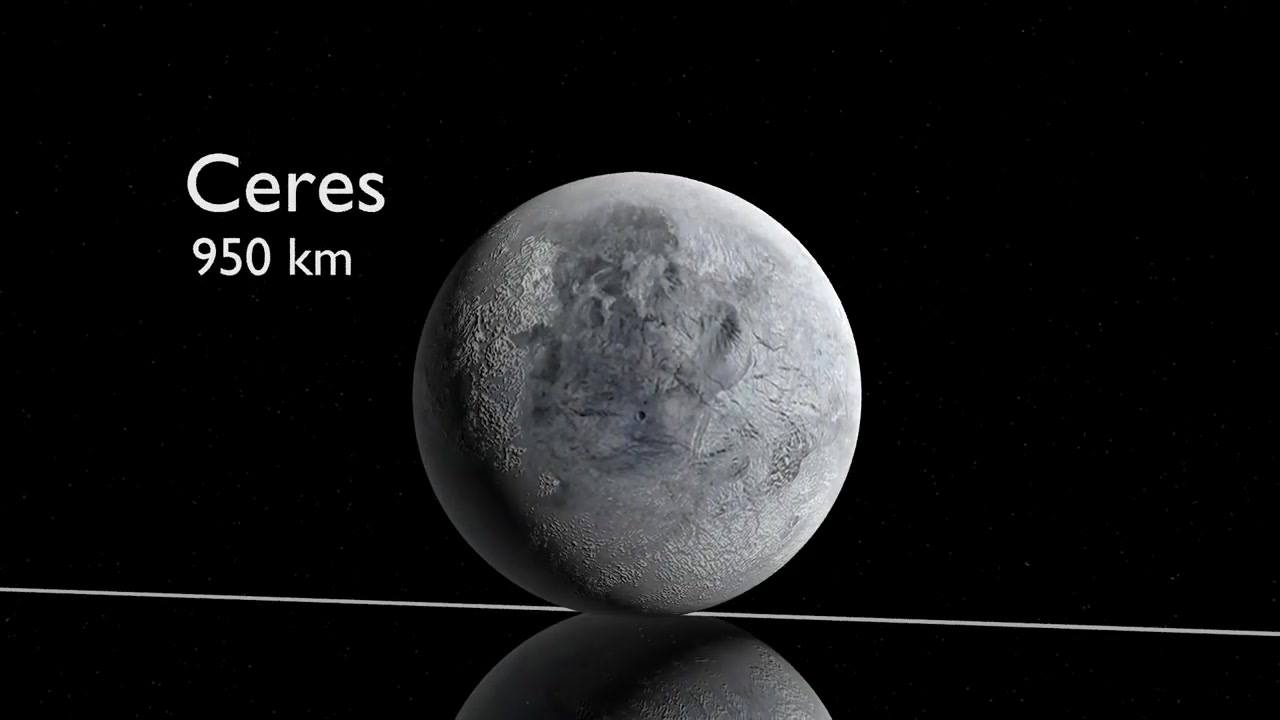Apr 27, 2018
Scientists Get Their First Look at the Enzyme That Could Help Battle Aging
Posted by Shane Hinshaw in categories: biotech/medical, life extension
The enzyme holds clues to a possible cure for aging or potential cancer therapies.
Janet Iwasa
Nothing in your body lasts forever. Every single cell in your body will die eventually, and eventually you’ll run out of replacements. When that happens, various parts of your body will stop working correctly, and at some point the whole thing will shut down. Aging happens to all of us, and there’s nothing we can do about it.
Continue reading “Scientists Get Their First Look at the Enzyme That Could Help Battle Aging” »
